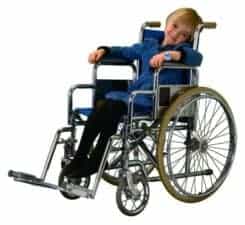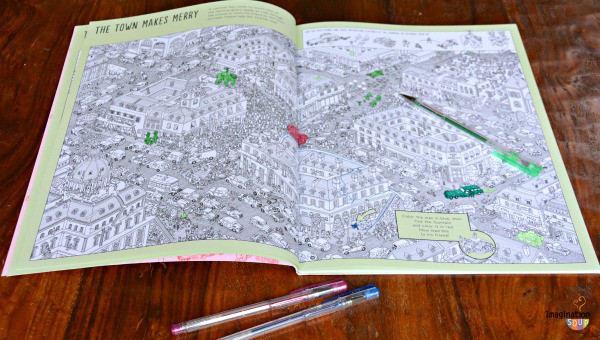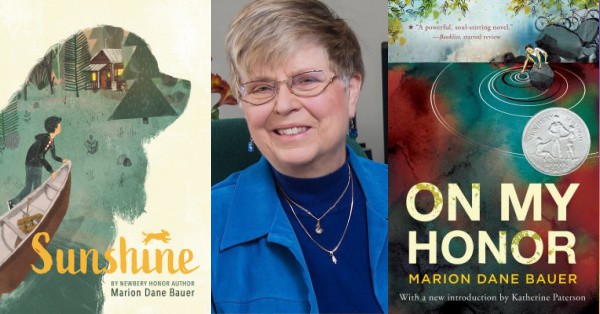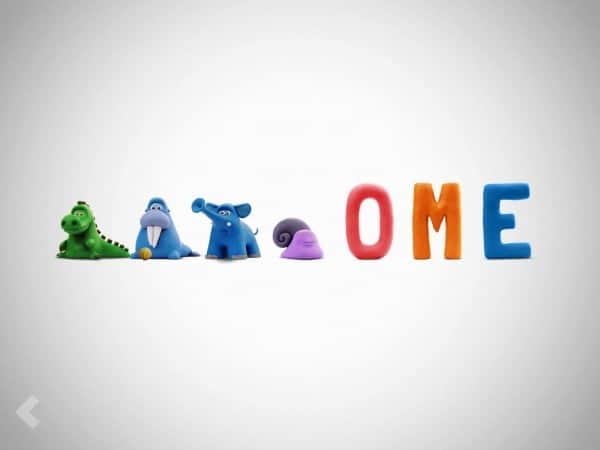My Son Isn’t Sick. He’s Different and So Are You
This post may contain affiliate links.
I’m calling you to action today.
“He came up to me and said, I know all about your son’s sickness,” said my friend whose son does not have a sickness. He has Asperger Syndrome, an autism spectrum disorder. It is part of who he is. He is not sick.
She said, “What if he learns he’s autistic from a kid at school and not from me?”
Stunned, I paused, I’d never considered the difficulty of
1) when to tell your child his “label” (which should be her decision)
2) helping other families and children understand your child’s & his or her differences
SO . . . how do we answer questions about differences? How do we talk to children about others who have special needs?
Everyone is different.
Will you do me a favor? Will you start talking about how everyone is different — with obvious things? My wonderful blogging friend and mom to a child with special needs, Barb, suggests you say things like:
“Look at them they’re different, they wear glasses.”
Look at me, I’m different, I have a mole on my face.”
Barb’s son is in a wheelchair. She could then say to him, “Look at you, you’re different, you’re in a wheelchair”. Won’t it be easier for him now that she’s pointed out how everyone is different, not just him?
Will you take a moment and talk with your child about what makes him or her different? (Feel free to substitute special for different if you prefer.)
Barb says, “It’s just a way of thinking differently – some of us are good are math, some would rather play sports, some want to draw.”
My kids grew up with a friend in a wheelchair. Chloe couldn’t talk or move her body but she could smile. We were lucky to know her and my kids learned from an early age how everyone is different. Did it matter that Chloe was physically so different? No. She was their friend. She died a few years ago but my kids still talk about her and things we did together.
Here are some special needs book suggestions from Disaboom. Will you read one with your family this week?
You might want to read this Children’s Hospital article talking about kids who might need extra help.
Will you do it? Are you with me?
Let’s start the conversation.
RECENT POSTS:
Teach Your Child How to Pick a Just Right Book
Listen Up Kids, Read an Audiobook
Create a Writing Environment at Home
Finding Beautiful Oops Moments







Thanks for the comments — it seems like this is still an issue! And, then I also think that emotional differences are more stigmatized than physical ones. (Bipolar versus amputee for example.) Do you agree?
Such a wonderful post. As a teacher, we had many instances where discussing differences was essential to help kids understand one another. As a parent of a little girl who had to wear a helmet for plagiocephaly, I wish more parents had the same conversations with their kids and themselves. Thanks!
i loved this post so much. thank u for posting it. we should all embrace each other’s differences. i truly believe it makes our children better human beings and better people contributing to society and raising their own children one day.
hmmm, interesting. Our son has Aspergers and he knows it and anyone who has ongoing connection to him knows it too – we have a really really really cute book “All Cats have Aspergers” – that is fabulous for explaining to kids why he’s different.
Oddly, the topic of “sick” has never come up. Not sure why, but diversity is a huge thing in our household, so different is good.
Love this – and thank you for it. I have a sister with Tourette’s and if more kids would have learned that different is okay, her childhood would have been easier.